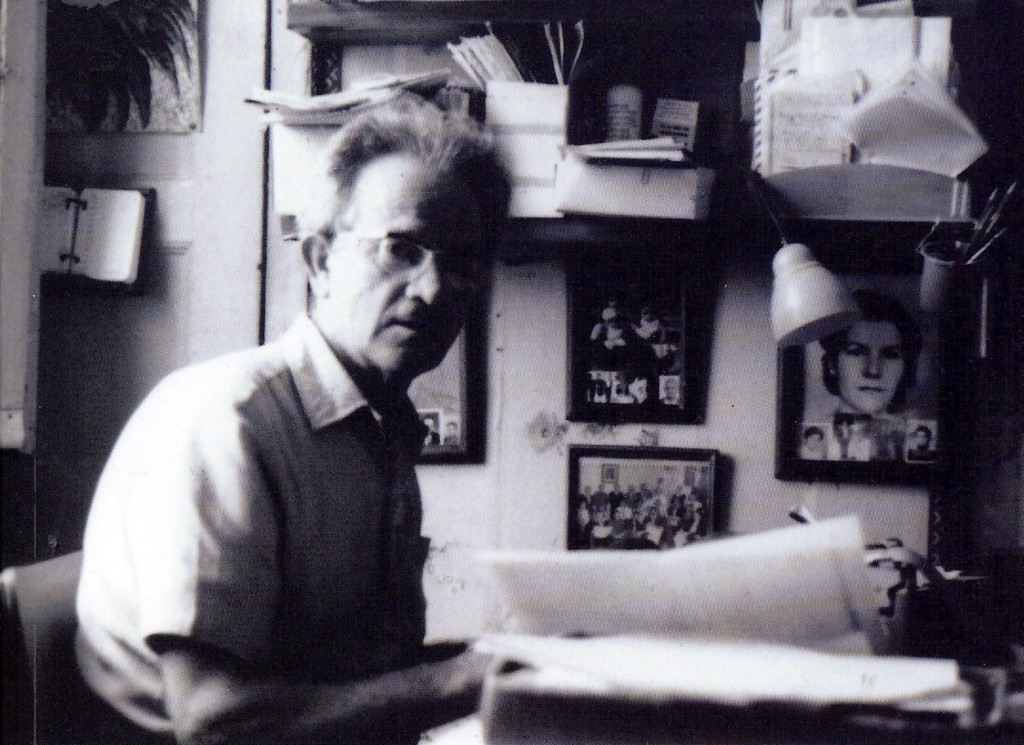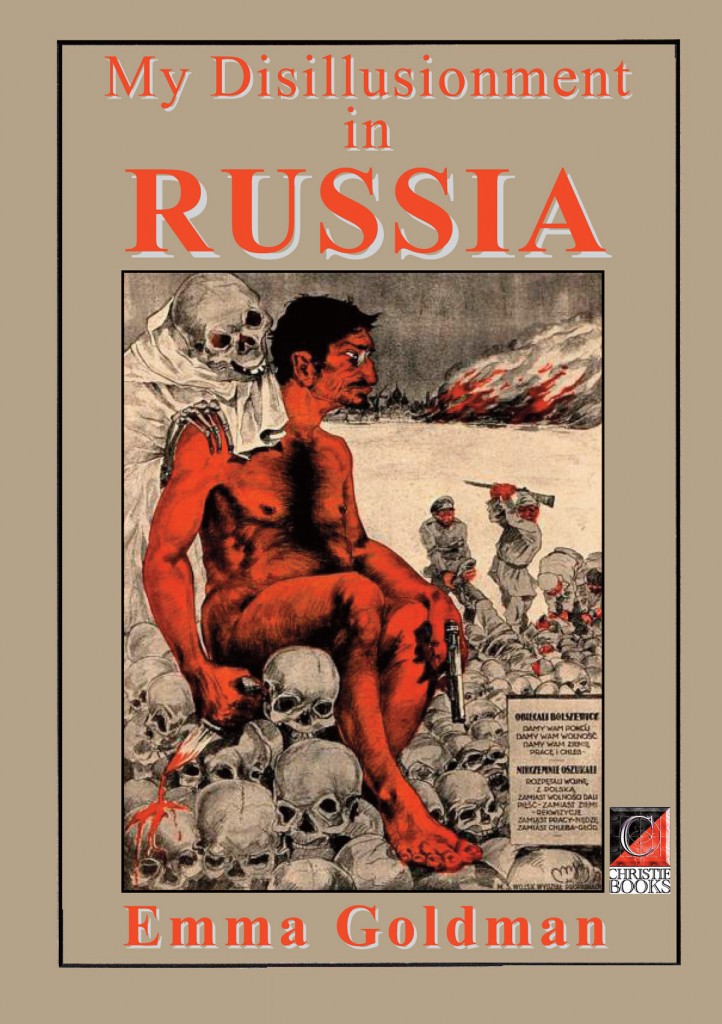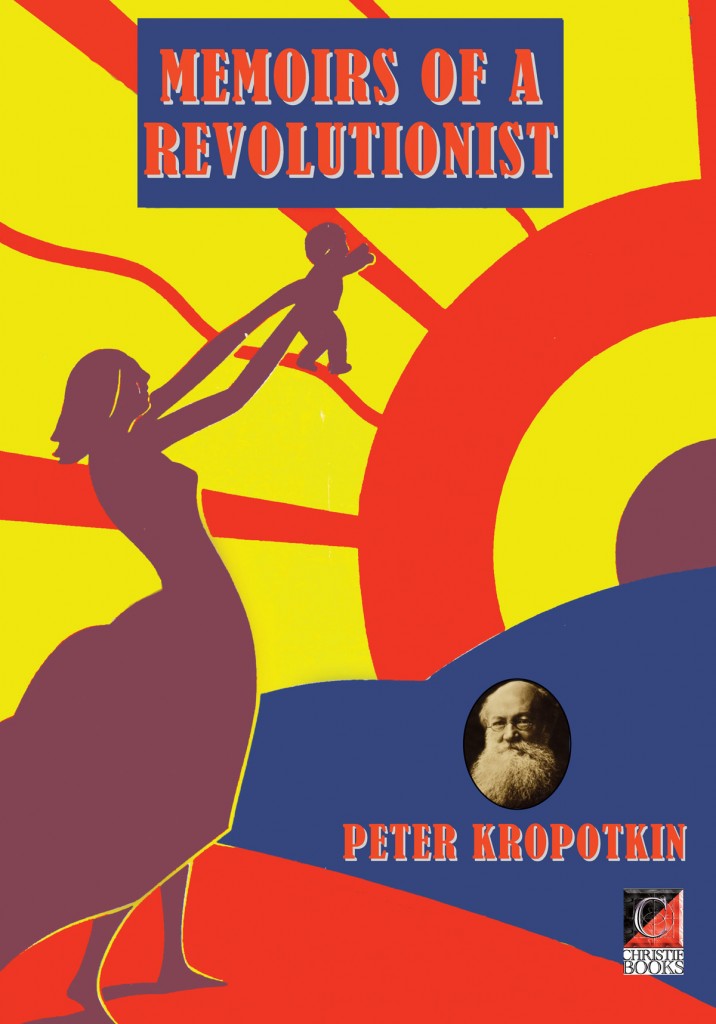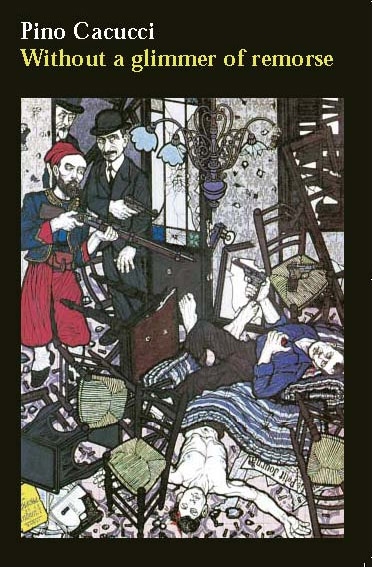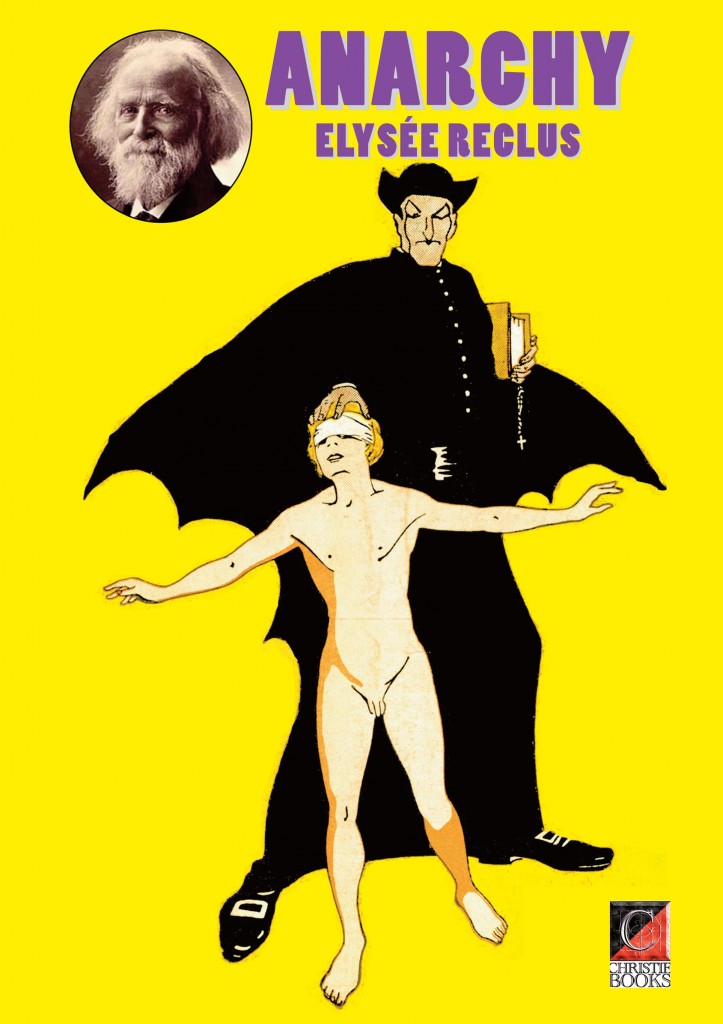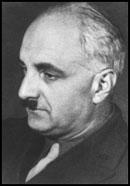Review: New York Times, 28 July 1861 — eBook £1.50/€2.00 (see eBookshelf ). Also available from Kindle and Kobo
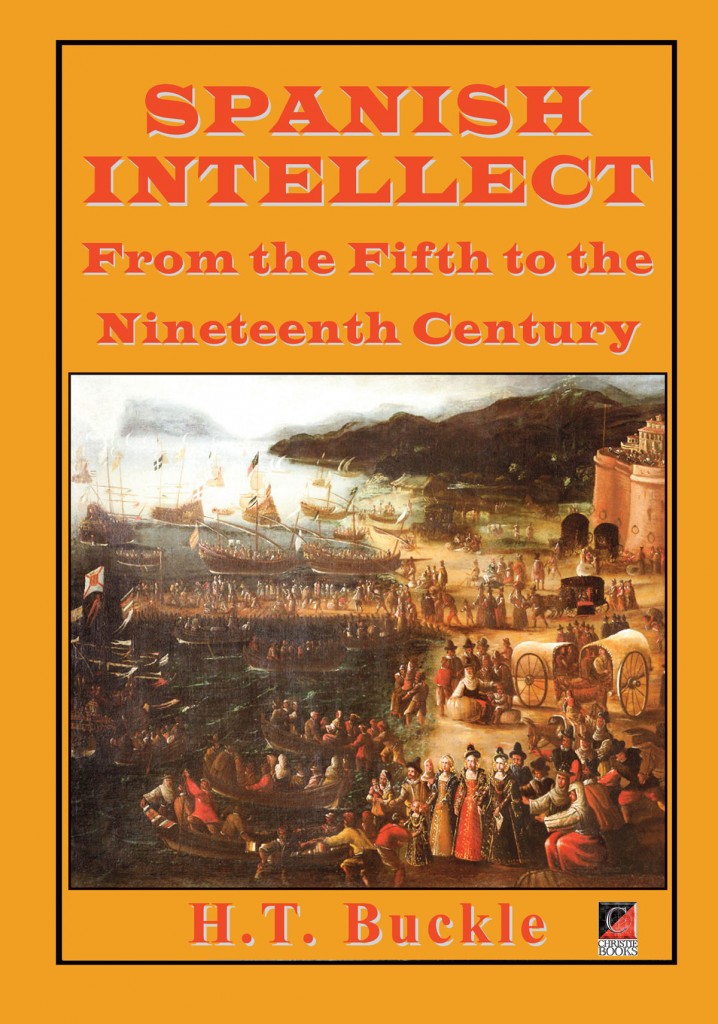 “The relation which the second volume of the History of Civilization holds to the first is somewhat peculiar. It is a relation, not of continuity, but of Method. Having, in the first volume arrived, by induction, at certain generalizations regarding the laws of historical progress, he devotes the second volume to testing, by deduction, the truth of those generalizations. The inductive defence comprised a collection of historical and scientific facts which suggested and authorized certain conclusions as to the laws of civilization; the deductive defence consists of a verification of those conclusions by showing how they explain the history of different countries and their various fortunes. This second volume, accordingly, may be viewed as a series of pieces justificatives of the principles of the first installment. These principles, which Mr. BUCKLE regards as the basis of the history of civilization, are: First, that the progress of mankind depends on the success with which the laws of phenomena are investigated and on the extent to which a knowledge of these laws is diffused. Second, that before such investigation can begin a spirit of scepticism must arise, which, at first aiding the investigation, is afterwards aided by it. Third, That the discoveries thus made increase the influence of intellectual truths, and diminish, relatively, not absolutely, the influence of moral truths. Fourth, that the great enemy of this movement, and consequently of civilization, is the Protective spirit; that is, the notion that society cannot prosper unless the affairs of life are watched over and protected at nearly every turn by the State and the Church — the State teaching men what they are to do, and the Church teaching them what they are to believe.
“The relation which the second volume of the History of Civilization holds to the first is somewhat peculiar. It is a relation, not of continuity, but of Method. Having, in the first volume arrived, by induction, at certain generalizations regarding the laws of historical progress, he devotes the second volume to testing, by deduction, the truth of those generalizations. The inductive defence comprised a collection of historical and scientific facts which suggested and authorized certain conclusions as to the laws of civilization; the deductive defence consists of a verification of those conclusions by showing how they explain the history of different countries and their various fortunes. This second volume, accordingly, may be viewed as a series of pieces justificatives of the principles of the first installment. These principles, which Mr. BUCKLE regards as the basis of the history of civilization, are: First, that the progress of mankind depends on the success with which the laws of phenomena are investigated and on the extent to which a knowledge of these laws is diffused. Second, that before such investigation can begin a spirit of scepticism must arise, which, at first aiding the investigation, is afterwards aided by it. Third, That the discoveries thus made increase the influence of intellectual truths, and diminish, relatively, not absolutely, the influence of moral truths. Fourth, that the great enemy of this movement, and consequently of civilization, is the Protective spirit; that is, the notion that society cannot prosper unless the affairs of life are watched over and protected at nearly every turn by the State and the Church — the State teaching men what they are to do, and the Church teaching them what they are to believe.
“It is in the history of Spain and of Scotland that he now seeks illustrations of these cardinal propositions. Spain and Scotland exemplify more palpably than any other modern peoples the baleful action of the protective spirit of Church and State; and the use to which he turns the history of those two countries is analogous to the value which the anatomist finds in morbid manifestations for the illustration of natural conditions. Spain is the country where the fundamental conditions of national improvement have been most flagrantly violated, and hence the country where the penalty paid for the violation has been most heavy, and where, therefore, it is most instructive to ascertain how far the prevalence of certain opinions causes the decay of the people among whom they predominate. If Spain illustrates the evil results of loyalty and superstition combined, Scotland exemplifies the evil results of superstition, but at the same time manifests how those evil results may be in part neutralized by the absence of the spirit of loyalty. It is to the elucidation of these considerations that Mr. BUCKLE has devoted the present volume, of which we shall, as a preliminary, try to give a running analysis:
Continue reading »
 Feudal Society II , £1.50 — eBookshelf (Also available on Kindle and Kobo)
Feudal Society II , £1.50 — eBookshelf (Also available on Kindle and Kobo)




